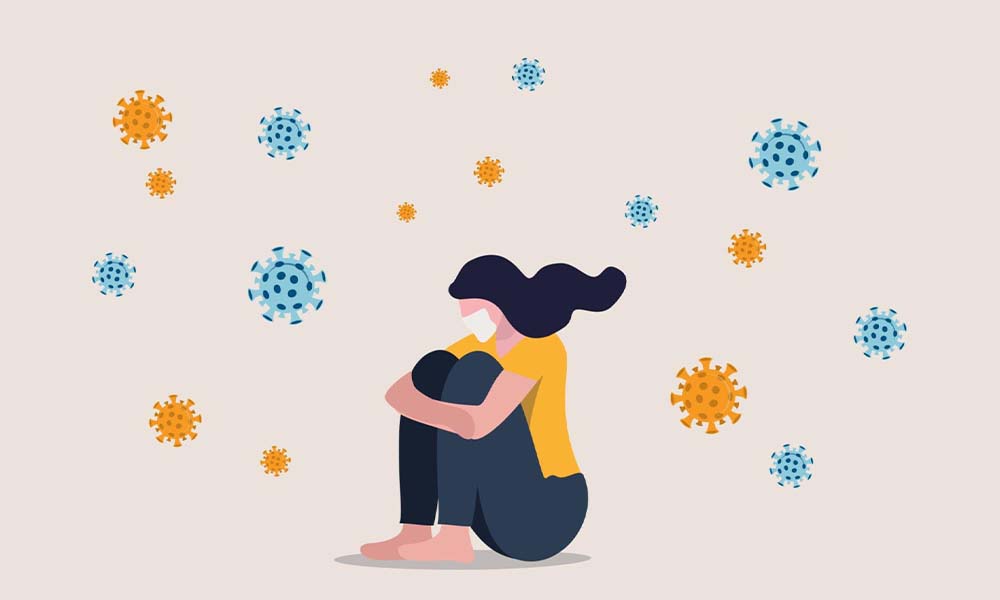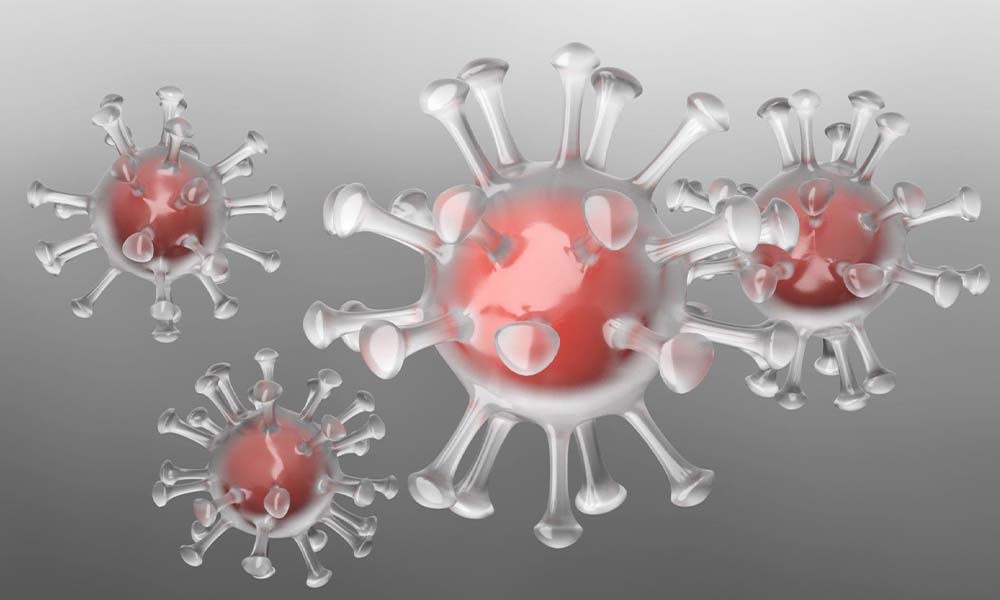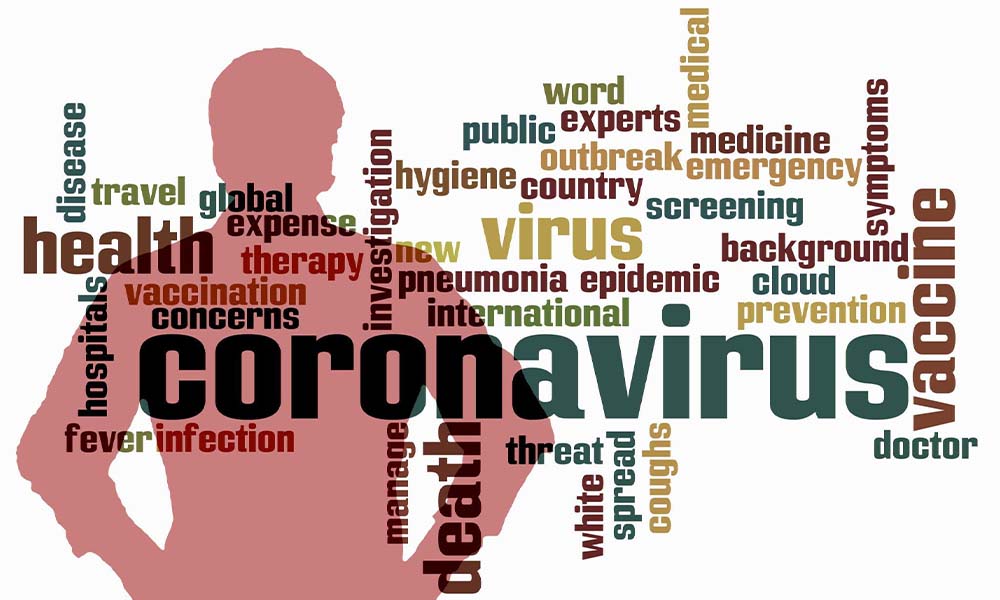The COVID-19 pandemic has taken the world by storm, causing widespread illness and upheaval in our daily lives. As we continue to grapple with this virus, it is crucial to stay informed about its symptoms. Initially, the symptoms of COVID-19 were thought to be limited to fever, cough, and difficulty breathing. However, as research progresses, we are uncovering new insights into this disease. In this article, we will delve into the evolving nature of COVID-19 symptoms, explore the common symptoms, and shed light on the emerging symptoms associated with this virus.
Table of Contents
ToggleThe evolving nature of COVID-19 symptoms

One of the most striking aspects of COVID-19 is the ever-evolving nature of its symptoms. Initially, it was believed that fever, cough, and difficulty breathing were the primary indicators of infection. However, as our understanding deepens, we have come to realize that the virus can manifest in a wide range of symptoms. These symptoms can vary from mild to severe, and may include fatigue, muscle aches, sore throat, loss of taste or smell, headache, and gastrointestinal issues such as nausea, vomiting, and diarrhea.
Common COVID-19 symptoms
While the symptoms of COVID-19 can vary from person to person, there are several common symptoms that have been consistently reported. Fever, cough, and difficulty breathing remain the hallmark symptoms of this disease. Fever is often the first sign of infection, and it is characterized by an elevated body temperature above 100.4°F (38°C). Cough, especially a dry cough, is another prominent symptom. It is important to note that not everyone who tests positive for COVID-19 experiences difficulty breathing. However, in severe cases, the virus can lead to pneumonia and acute respiratory distress syndrome (ARDS), which can cause shortness of breath and require hospitalization.
Emerging symptoms associated with COVID-19
As our knowledge of COVID-19 expands, so does our understanding of its symptoms. Researchers have identified several emerging symptoms that are now associated with this virus. One of the most notable is the loss of taste or smell, also known as anosmia. Many individuals infected with COVID-19 have reported a sudden and complete loss of their ability to taste or smell. This symptom can occur even in the absence of other symptoms and may persist for several weeks. Other emerging symptoms include headache, fatigue, muscle aches, sore throat, and gastrointestinal issues such as nausea, vomiting, and diarrhea. It is important to note that these symptoms can vary in severity and may not be present in every case of COVID-19.
Studies and research on new COVID symptoms

Researchers and healthcare professionals around the world are working tirelessly to understand the intricacies of COVID-19 and its associated symptoms. Numerous studies have been conducted to shed light on the emerging symptoms of this virus. These studies have provided valuable insights into the wide range of symptoms that can be experienced by individuals infected with COVID-19. By analyzing data from thousands of patients, researchers have been able to identify patterns and trends in symptom presentation. This research is crucial in developing effective diagnostic strategies and treatment plans for those affected by the virus.
Recognizing the importance of early detection
Early detection of COVID-19 is paramount in preventing the spread of the virus and ensuring the best possible outcome for patients. It is essential to recognize the importance of promptly seeking medical attention if you experience any symptoms associated with COVID-19, whether common or emerging. By seeking medical care early on, you not only protect yourself but also help prevent the spread of the virus to others. Remember, even mild symptoms can be a sign of infection, so it is crucial not to dismiss any potential indicators.
Steps to take if you experience new COVID symptoms
If you experience any new symptoms that are associated with COVID-19, it is important to take immediate action. The first step is to contact your healthcare provider or local health department for guidance. They will be able to provide you with the necessary information on testing and further steps to take. In the meantime, it is vital to self-isolate and avoid contact with others, especially those who are at higher risk of severe illness, such as the elderly or individuals with underlying health conditions. By taking these proactive measures, you can help protect yourself and those around you.
COVID testing and diagnosis for new symptoms

Testing plays a crucial role in the diagnosis of COVID-19, especially when new symptoms emerge. There are several types of tests available, including molecular (PCR) tests, antigen tests, and antibody tests. Molecular tests are considered the gold standard for diagnosing COVID-19 and are typically conducted using a nasal or throat swab. Antigen tests are rapid tests that detect specific proteins on the surface of the virus. Antibody tests, on the other hand, detect antibodies produced by the body in response to the virus. It is important to consult with your healthcare provider to determine the most appropriate test based on your symptoms and circumstances.
Preventive measures to reduce the spread of new COVID symptoms
Prevention is key in reducing the spread of COVID-19 and its associated symptoms. The Centers for Disease Control and Prevention (CDC) recommends several preventive measures that should be followed diligently. These include wearing a mask, practicing physical distancing by maintaining at least six feet of distance from others, washing hands frequently with soap and water for at least 20 seconds, and avoiding large gatherings or crowded places. Additionally, it is crucial to stay informed about the latest guidelines and regulations implemented by local health authorities. By adhering to these preventive measures, we can all play a role in curbing the spread of new COVID symptoms.
Frequently Asked Questions
Are there new symptoms associated with COVID-19 that people should be aware of?
Yes, there have been reports of additional symptoms associated with COVID-19 beyond the classic ones like fever, cough, and loss of taste or smell. These can include fatigue, muscle aches, gastrointestinal symptoms, and skin rashes.
What are some of the less common symptoms that have been linked to COVID-19?
Less common COVID-19 symptoms include sore throat, congestion, nausea, vomiting, diarrhea, eye redness, and skin rashes like hives or “COVID toes.”
Are these new symptoms exclusive to certain variants of the virus?
While some symptoms may be more commonly associated with specific variants, such as the Delta or Omicron variants, many symptoms can occur with various strains of the virus. The presentation of symptoms can vary among individuals.
How should individuals differentiate between COVID-19 symptoms and symptoms of other illnesses like the flu or a common cold?
It can be challenging to distinguish between COVID-19 and other respiratory illnesses based solely on symptoms. Testing for COVID-19 is essential to confirm infection, especially if you experience symptoms commonly associated with the virus.
Do these new symptoms affect certain age groups or populations more than others?
COVID-19 symptoms can affect people of all ages. However, the severity of symptoms and the risk of complications tend to vary based on factors such as age, underlying health conditions, and vaccination status.
Are vaccines effective in preventing these new symptoms and reducing their severity?
COVID-19 vaccines remain highly effective in preventing severe illness, hospitalization, and death, regardless of the specific symptoms associated with the virus. Being fully vaccinated and boosted when eligible provides significant protection.
What should individuals do if they experience new or unusual symptoms that could be related to COVID-19?
If you experience symptoms that could be related to COVID-19, it’s crucial to get tested for the virus and self-isolate until you receive your test results. Follow the guidance of healthcare professionals and local health authorities for appropriate care and further steps.
Conclusion
As the COVID-19 pandemic continues to unfold, it is essential to stay informed and vigilant about the evolving symptoms associated with this virus. Our understanding of COVID-19 is constantly evolving, and new symptoms are being identified as research progresses. By recognizing the importance of early detection, seeking medical attention promptly, and following preventive measures, we can all contribute to reducing the spread of the virus. Remember, we are all in this together, and by staying informed and united, we can overcome this unprecedented challenge.


